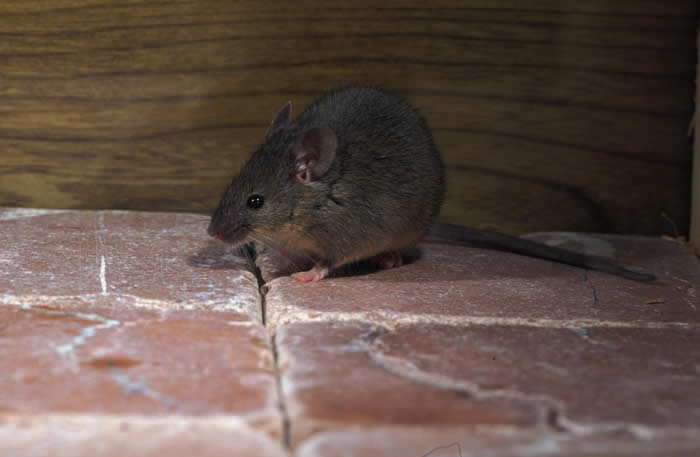Mice are very small creatures with tiny little brains. It may be difficult to believe that they could be intelligent. Nevertheless, mice are smarter than you may realize, which is one of the reasons you may have to turn to professional wildlife control in Okanagan to get them out of your house. Here are some of the reasons that mice are smart.
1. Brain Structure
It is not necessarily the size of the brain that determines how intelligent an animal is. Rather, it is the structure of the brain. The brains of rodents, such as mice and rats, are similar in structure to the human brain, which means that it functions in a similar way. For example, rats and mice process visual information similarly to the way that humans do. Even if the orientation or size of a 3-D object changes, rodents are still able to recognize it. The similarity in brain structure between humans and rodents is one reason why the latter is used for scientific experimentation; it makes it possible to extrapolate that the effects of the experiments on rodents may also apply to humans.
2. Communication Skills
Mice are social creatures, and scientists have determined that they have the ability to communicate with one another. Sometimes mice communicate with one another vocally. They do not literally speak as humans do, but they make vocalizations that other mice can interpret. You may not be aware that the mice are communicating this way because most of their vocalizations are ultrasonic, meaning that they are so high in pitch that they are beyond the normal human hearing range. When you do hear mice vocalizing in the form of squeaks and chirps, they are making noise at the bottom of their range. Vocalization is not the only way that mice communicate with one another. They can communicate aggression through body language such as drumming their tails.
3. Sense of Smell
Mice can also communicate with one another through smell. Their urine contains pheromones that can convey information to other mice through scent.
Mice use their keen senses of smell in other ways. For example, they can often detect the scent of food wafting out of your house through tiny openings in its exterior. If the hole is at least as wide as the circumference of a dime, they can squeeze through to find the food. The rodents’ sense of smell may also foil your attempts at mouse removal because they can detect the scent of humans and are instinctually compelled to avoid it if possible.
4. Memory Skills
Mice have excellent memories. It may take them some time to figure out a route through your home, but once they figure it out, they will never forget it. This can be of benefit to you when you are looking for signs of an infestation in your home because when they keep following the same route over and over again, they may leave behind clues of their presence, such as tracks or feces. These can accumulate over time, making them easier to spot.
However, there is also a downside to these memory skills when it comes to mice removal. If the first attempt you make is not successful, the mice learn from the experience and try to avoid it in the future. In other words, if a particular removal method was not successful the first time, it is unlikely to succeed in future attempts because of the mice’s memory and self-preservation instincts. This is a good reason to call for professional wildlife control in Okanagan right away upon finding signs of an infestation so you can have the mice removed successfully the first time.
Call Skedaddle for Wildlife Control in Okanagan
Skedaddle technicians prevent further damage to your home by humane mice removal and mitigate the danger to you through decontamination. Learn about our process in more detail.



